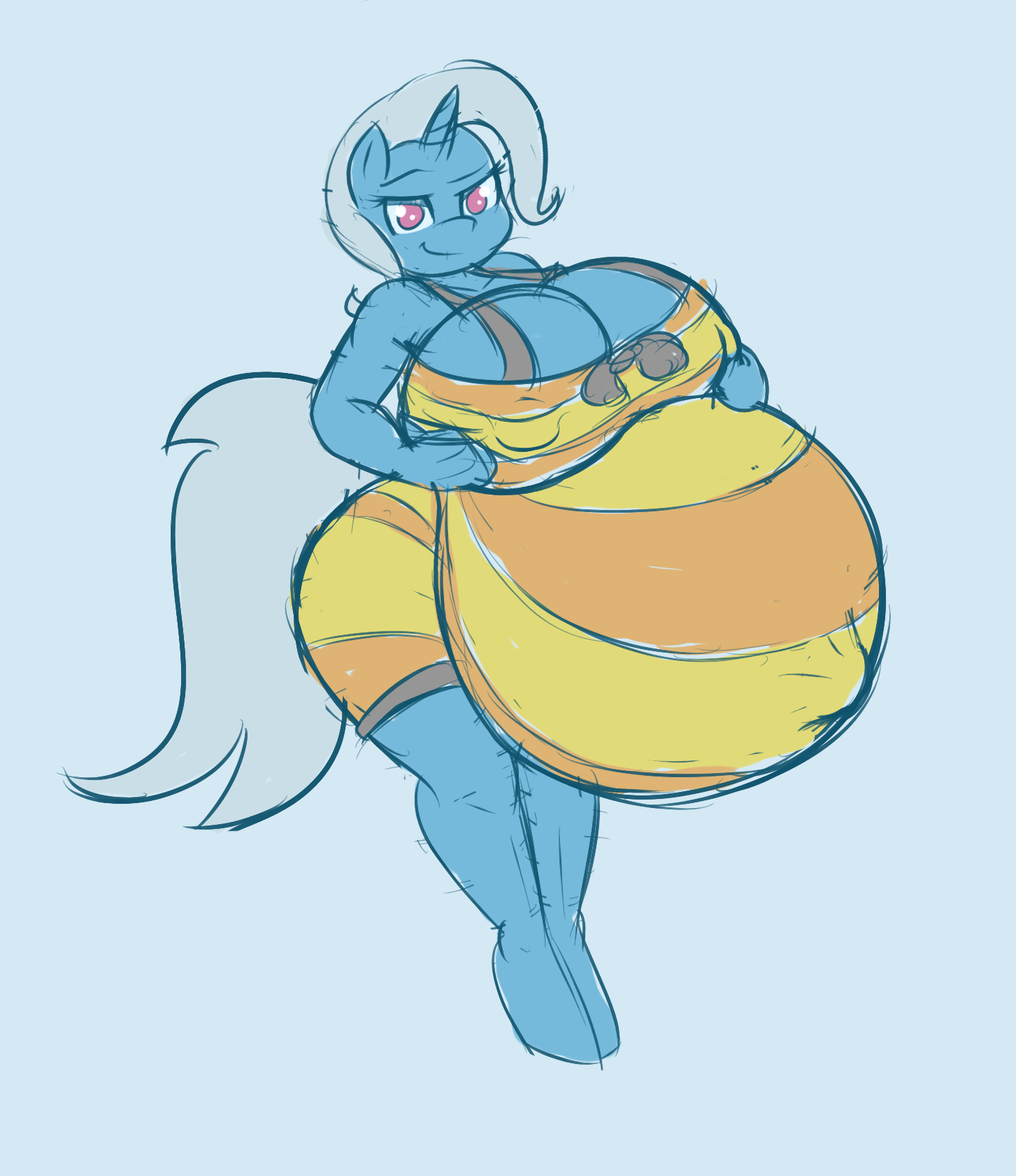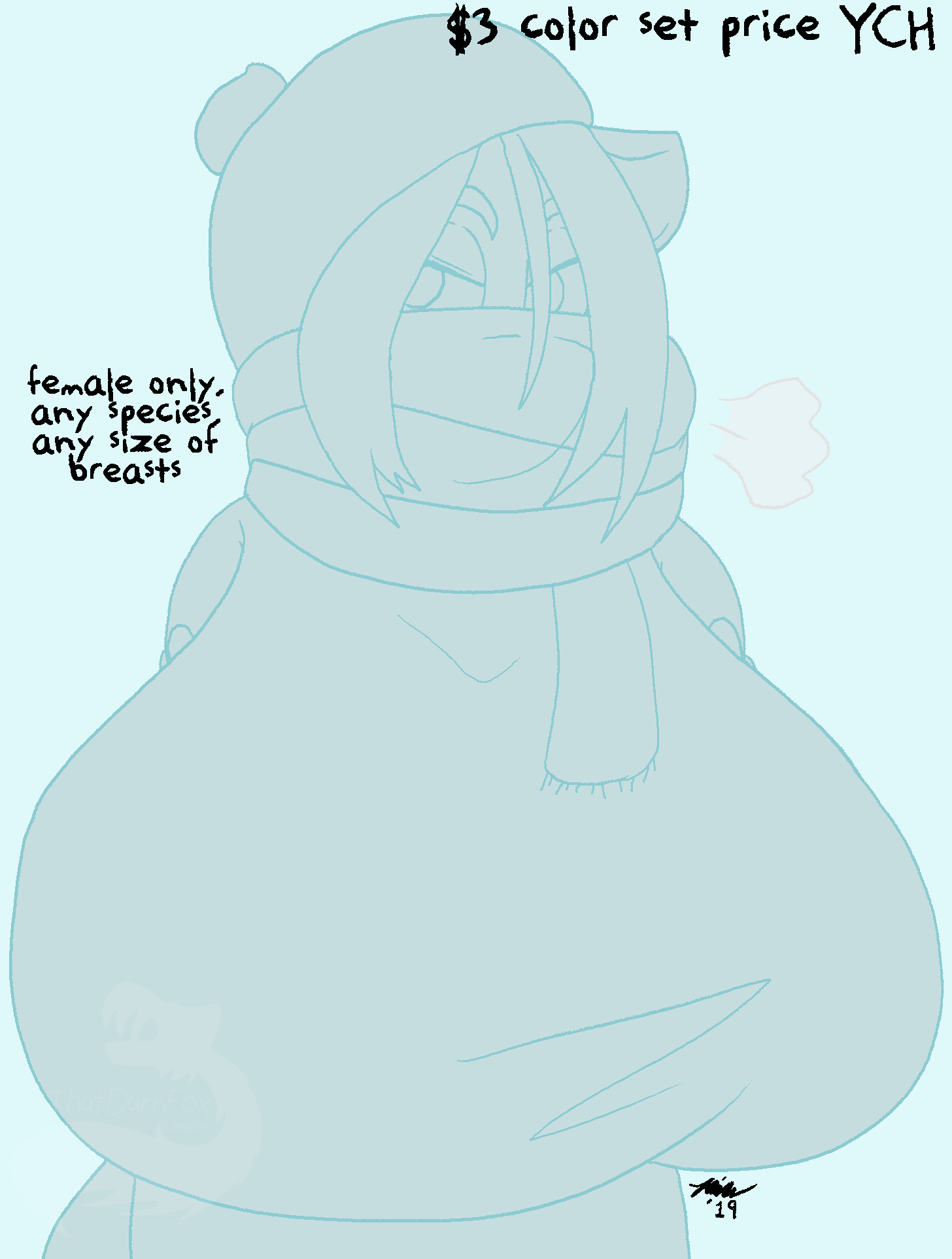

You can pump your other breast (but only a little) to relieve pressure. Put your baby to your breast as many times as he desires – just use the same one. Then nurse your baby on only one breast for two to four feedings in a row. To help reduce your milk supply, start by pumping both breasts until they are drained.
HYPER BREASTS HOW TO
A lactation consultant can show you how to use a nipple shield and monitor your situation. Some women try using a nipple shield to help their baby cope with the flow. Take your baby off the breast if he seems to be gulping milk too fast or struggling to cope with the flow. Or nurse while lying on your side, letting the extra milk drip down onto a towel. To let gravity slow the milk flow, lean back or recline with your baby facing the breast directly, belly toward your belly. Try having your baby sit up facing you to nurse (you may need to flex his head back a bit). Certain nursing positions may help your baby cope with the flow better. Gentler sucking will stimulate your breasts less and may lighten the flow of milk. Try feeding your baby before he's very hungry (or when he first wakes up), when he's likely to suck more gently. The more you stimulate your breasts and the more milk you take out, the more your body will produce to fill the perceived demand.

And use the lowest possible setting if you're using a pump.

(You can squirt this milk into a cloth or into a bottle to store for later use.) But don't pump too much while you're trying to regulate your milk supply – just enough to get through the first letdown. She may suggest you try some of the following.īefore each feeding, pump or hand express just enough milk to slow down your flow. Work with a lactation consultant to reduce your supply. Sometimes a mom will produce too much milk because she inadvertently gives her body cues to produce that much – for example, by pumping more milk than her baby needs.Ĭertain hormonal imbalances, pituitary tumors, and medications can also put milk production in high gear. The average number is 100,000 to 300,000 alveoli per breast, and mothers with hyperactive lactation tend to be at the top of the scale. This may be mostly a problem for mothers with a lot of alveoli (the milk-producing glands) in their breasts. Occasionally, though, a mom will continue to make an overabundance of milk even after her milk supply is established. Some mothers make too much milk, while others make too little, and for most of them it's just a matter of syncing up with their baby's needs. Your baby may have either a very low or a very high weight gain. The result may be too much lactose in her gut, which may cause colic-like behavior: excessive intestinal gas, lots of heavy wet diapers, and massive stools, which are sometimes green and frothy.
HYPER BREASTS FULL
Your baby may be full and stop nursing before getting to the creamier (higher fat) hindmilk that's deeper in the breast.

(Hyperlactation is sometimes mistaken for reflux.) Or she may refuse the breast and act fussy or arch and hold herself stiffly while nursing. Or she may nurse for only five to ten minutes and try to clamp down on your nipple (which will likely lead to sore nipples). But if your letdown is too fast or forceful, she may pull away or gag after the initial squirt of milk. Your supply may regulate on its own about three months after birth, though without treatment it's common to still have too much milk four to five months after birth. These symptoms may start in the first week after birth or a little later, around two to three weeks after birth. You'll likely leak milk between feedings, soaking through breast pads, and you may leak abundantly from the opposite breast during feedings. You may have pain in your breasts during letdown. You may feel overfull or engorged all the time. Your breasts will feel very full, and you may develop plugged ducts or mastitis. Many women notice that their milk leaks or sprays a lot. The milk may come out fast and forcibly, making it difficult for the baby to nurse well. Hyperlactation is when your body produces much more breast milk than your baby needs.


 0 kommentar(er)
0 kommentar(er)
